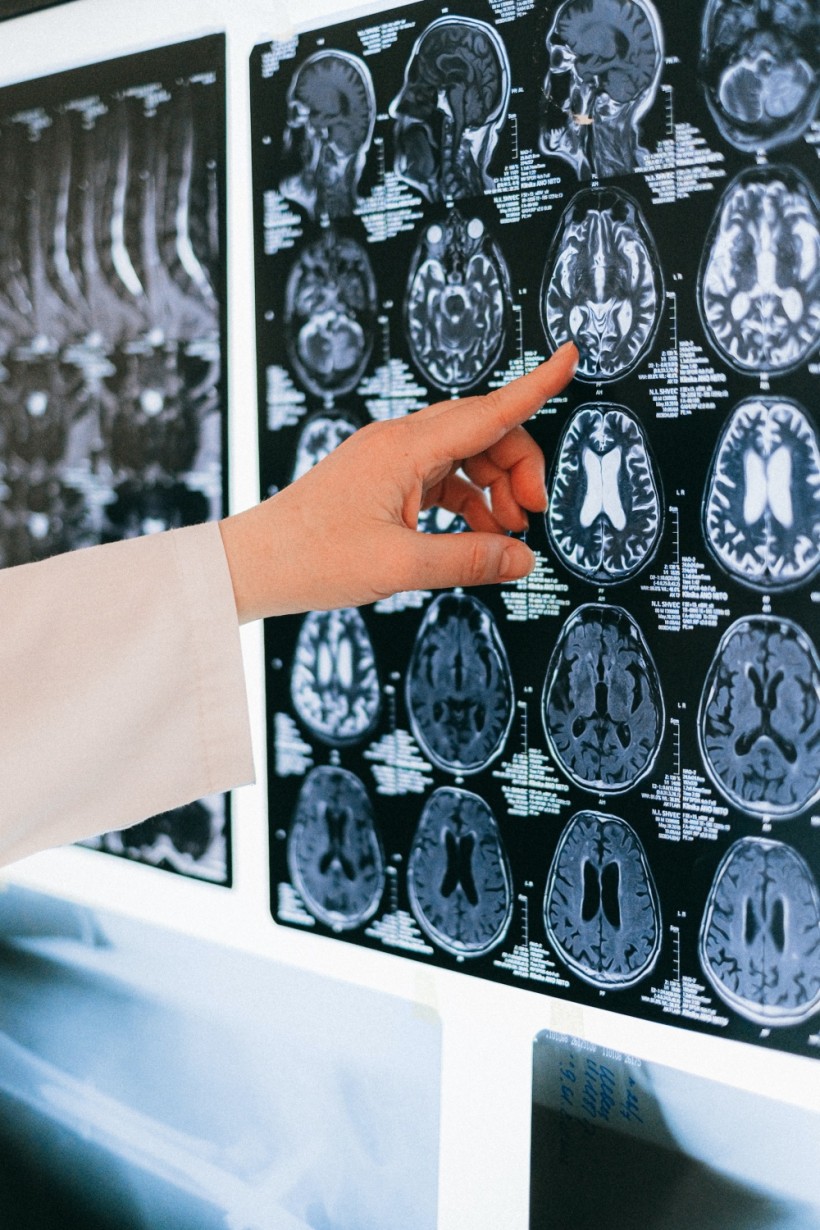While there is no sure way to prevent Alzheimer's disease, there are things you can do that may help reduce your risk.
The most important thing you can do is to stay mentally and physically active throughout your life. Research has shown that people who engage in activities that challenge their brains and bodies are less likely to develop Alzheimer's and other forms of dementia.
So what kind of activities should you do? Anything that gets you moving and uses your brain power will help. Here are some ideas:
Learning a new language
A recent study has shown that learning a new language can help prevent Alzheimer's disease. The study was conducted by the University of Edinburgh, and it involved over 700 people.
The participants were divided into two groups - those who knew two languages, and those who only knew one. The researchers found that the bilingual group was much less likely to develop Alzheimer's than the monolingual group.
It is believed that this is because speaking two languages regularly exercises the brain, and this helps to keep it healthy. This is especially important as we get older, as our brains tend to become less active as we age.
So, if you're looking for a way to keep your brain healthy and prevent Alzheimer's, learning a new language is a great option. It's never too late to start, so why not sign up for a language class today?
Playing sudoku, chess or other puzzles
There is growing evidence that playing sudoku, chess or other puzzles can help prevent or lower the chances of getting Alzheimer's disease. A recent study published in the journal Neurology found that people who regularly engage in puzzle-solving activities have a lower risk of developing Alzheimer's disease than those who don't.
The study looked at more than 1,000 people with an average age of 80. Those who regularly engaged in puzzle-solving activities were found to have a lower risk of developing Alzheimer's disease than those who didn't. The findings suggest that puzzle-solving could help keep the brain healthy and delay the onset of Alzheimer's disease.
Puzzles are thought to improve cognitive function by providing mental stimulation. This stimulation helps to keep the brain active and can delay the onset of Alzheimer's disease. So, if you're looking for a way to keep your mind sharp, puzzles could be a good option.
Learning to play a new instrument
The benefits of learning a new instrument will vary depending on the individual. However, some research has suggested that playing an instrument can help to improve cognitive function and delay the onset of Alzheimer's disease.
One study found that older adults who took up a musical instrument had better cognitive function than those who did not. The study participants who learned to play an instrument also showed improvements in memory, executive function, and processing speed.
Other research has suggested that music therapy can be used as a treatment to help improve quality of life for people with Alzheimer's disease. One study found that music therapy helped to reduce anxiety and depression in people with Alzheimer's. Music therapy can also help to improve communication and social interaction in people with Alzheimer's.
Regular exercise
There are many benefits to regular exercise, and one of them may be the prevention of Alzheimer's disease. Alzheimer's is a degenerative brain disease that leads to memory loss, impaired thinking, and eventually death. While there is no known cure for Alzheimer's, research has shown that regular exercise can help to prevent the onset of the disease.
One study found that people who exercised regularly were less likely to develop Alzheimer's than those who didn't exercise. The study also found that people who exercised more intensely were even less likely to develop Alzheimer's. This suggests that exercise may help to delay or prevent the onset of Alzheimer's disease.
Exercise is thought to help prevent Alzheimer's by improving blood flow to the brain. Exercise also helps to reduce inflammation and improve brain function. These effects may help to protect the brain from the damage that leads to Alzheimer's disease.
Regular interaction and socialization
There is a growing body of evidence that suggests social interaction and regular engagement in activities can help prevent Alzheimer's disease. A recent study published in the journal Neurology found that people who reported having more social interactions were less likely to develop Alzheimer's disease than those who reported having fewer social interactions.
The study followed 1,140 cognitively normal adults over the course of 10 years. At the beginning of the study, participants were asked about their social interactions, including how often they saw friends and family, how often they went out, and whether they belonged to any clubs or organizations. They were also asked about their level of physical activity.
At the end of the 10-year period, participants underwent brain scans and cognitive testing. The researchers found that those who reported having more social interactions were less likely to have developed Alzheimer's disease than those who reported having fewer social interactions. They also found that those who reported being more physically active were less likely to have developed Alzheimer's disease than those who reported being less physically active.
These findings suggest that social interaction and physical activity may help protect against Alzheimer's disease by keeping the brain healthy and preventing the onset of dementia.
* This is a contributed article and this content does not necessarily represent the views of sciencetimes.com















